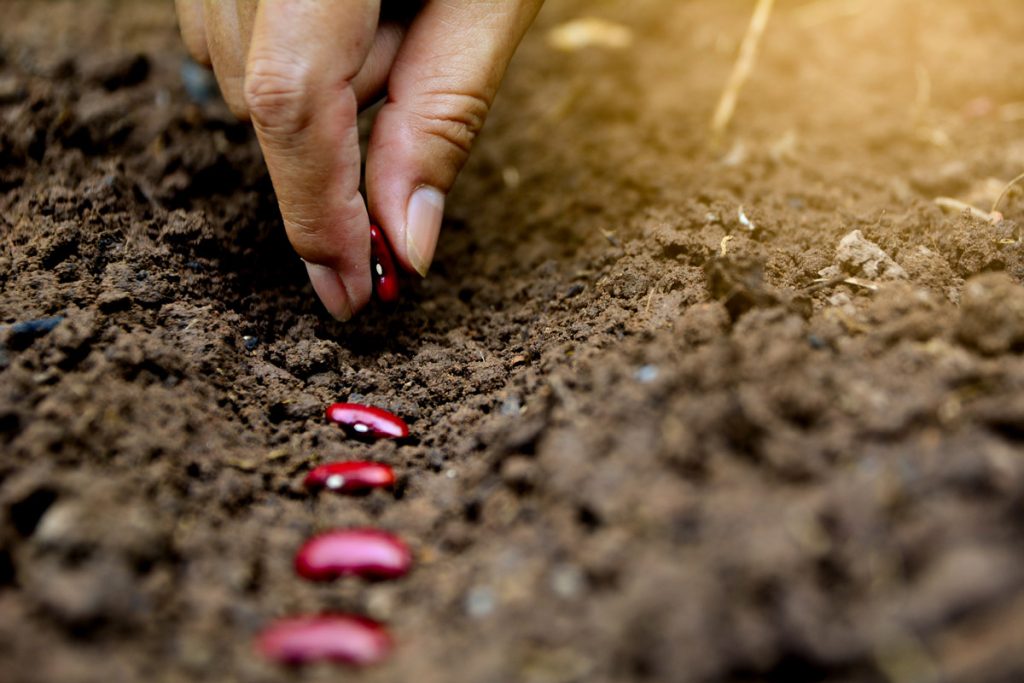
In the world of investing, unconventional assets often hold the key to long-term value growth. While stocks, real estate, and commodities dominate the conversation, one emerging niche is gaining traction among sustainability-focused investors—heirloom seeds. These rare, non-genetically modified seeds not only safeguard agricultural biodiversity but also offer a unique opportunity for long-term value appreciation.
Understanding Heirloom Seeds
Heirloom seeds are open-pollinated varieties that have been carefully cultivated and passed down through generations, often for over 50 years. Unlike commercially available hybrid or genetically modified seeds, heirloom varieties retain their original traits, offering superior flavor, nutritional value, and adaptability to diverse growing conditions. These seeds represent a rich agricultural heritage, linking modern farmers to centuries-old cultivation methods that prioritize natural resilience and quality.
Preserving Agricultural Biodiversity
Modern industrial agriculture relies heavily on a narrow selection of genetically modified crops designed for high yield and pest resistance. However, this approach often comes at the cost of genetic diversity, leaving global food systems vulnerable to disease outbreaks and environmental changes. Heirloom seeds act as a genetic reservoir, ensuring the survival of traditional plant varieties that can withstand shifting climate conditions and emerging agricultural challenges. By preserving and investing in heirloom seeds, individuals and organizations contribute to a more resilient food future, maintaining a diverse range of plant species capable of adapting to unforeseen threats.
The Growing Demand for Heirloom Seeds
As food sovereignty, organic farming, and sustainable agricultural practices gain momentum, heirloom seeds are becoming increasingly sought after. Farmers, gardeners, and seed banks recognize their value not just for their unique traits but for their role in preserving traditional farming methods. This heightened awareness has contributed to increased market demand, making heirloom seeds a rare and valuable commodity. With large agribusinesses prioritizing genetically modified varieties, heirloom seeds remain a niche asset with significant long-term value potential.
Climate Resilience and Sustainability
One of the most compelling reasons to invest in heirloom seeds is their adaptability. These crops have evolved over decades without genetic modification, making them naturally resistant to pests and diseases. Unlike hybrid seeds, which require chemical interventions to maintain yield, heirloom varieties thrive in diverse environmental conditions, supporting sustainable and regenerative farming practices. With climate change posing a growing threat to global agriculture, investing in heirloom seeds ensures access to plant varieties that can withstand extreme weather patterns while reducing dependence on synthetic fertilizers and pesticides.
Monetizing Heirloom Seeds
Investing in heirloom seeds extends beyond preservation—there are various pathways to generate financial value from this niche asset.
Seed Banks and Private Collections
Rare heirloom varieties are increasingly traded in specialized markets, where collectors and organic farmers seek out resilient and unique seed strains. Establishing a private seed bank or investing in conservation initiatives allows investors to store and exchange rare seeds as their value appreciates.
Specialty Farming and Organic Agriculture
Small-scale organic farms utilizing heirloom seeds can market their produce as premium goods, commanding higher prices in niche markets. Restaurants, farmers’ markets, and organic food suppliers often pay a premium for produce grown from heirloom varieties, recognizing their superior taste and nutritional benefits.
Ethical Partnerships and Sustainable Agriculture Initiatives
As regenerative farming gains traction, businesses promoting sustainability are eager to collaborate with heirloom seed advocates. Investors can support ethical brands focused on biodiversity conservation, creating opportunities for partnerships, sponsorships, and long-term investment strategies centered on sustainable agriculture.
The Future of Heirloom Seed Investing
Investing in heirloom seeds is both a financially strategic and ethically responsible move. Beyond the immediate potential for value appreciation, these seeds offer a rare blend of sustainability and long-term resilience. Whether through direct ownership, supporting preservation initiatives, or engaging in specialty farming, heirloom seeds provide investors with an opportunity to contribute to global food security while unlocking financial gains.
As climate concerns, biodiversity loss, and food security challenges intensify, heirloom seeds may prove to be one of the most valuable assets for the future. By safeguarding these rare, non-GMO plant varieties, investors play a role in sustaining agricultural heritage and fostering a more resilient and diverse global food system.
